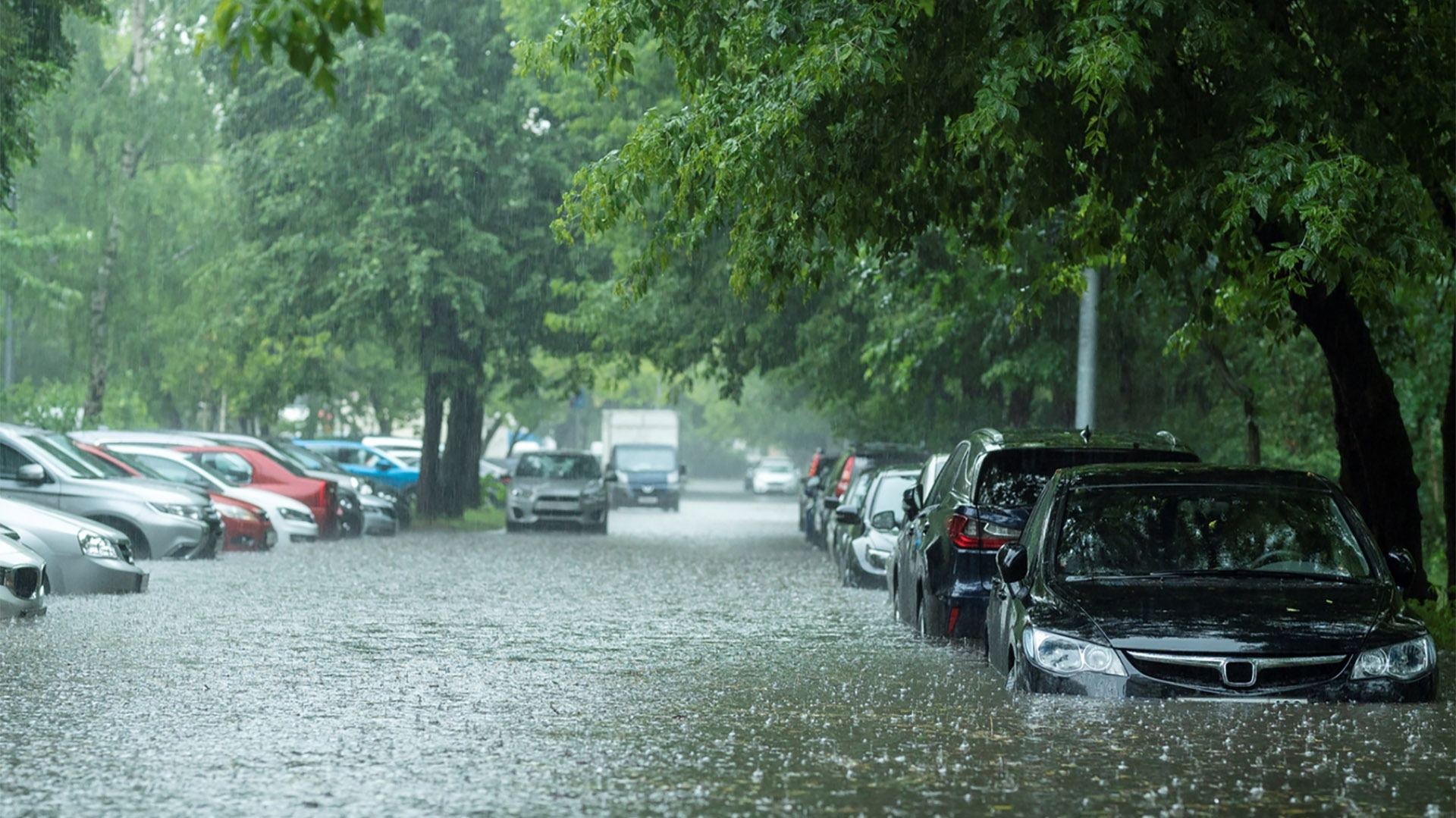Fighting Flood
Germany, Belgium, Netherlands, China and now Turkey… nature continues to take its revenge!!! While flood disasters cause loss of life and property in many countries of the world, they also continue to change natural life.
Houses built on stream beds, cities built, unchecked standards or an appreciation of nature? Mega rains falling per square meter of course find a way to flow. What could human beings stand in front of the water!!! No matter how much precautions are taken, no matter how much effort is made, the flood is a natural disaster and the important thing is to manage these crises.
.jpg)
As a result of flood disasters, wrapping their halves is the first priority for people. Shelter and food should be provided as quickly as possible. The use of mega rubber tents for shelter and disposable plastic packaging for food will be enough to heal the wounds in the first place. Being aware of and aware of this, the plastics industry took action to heal the wounds of the floods experienced all over the world. Global plastic companies are trying to heal the wounds with financial aid as well as working with local units.
Disposable packaging provides great benefits in flood disasters as well as in pandemics. In addition to their use to meet general needs, disposable packaging is also important to ensure hygiene and prevent epidemics. Examples of disposable products are aluminum foil and aluminum pans, flatware, cups, trays, plates, bowls, utensils, forks, knives, spoons, tablecloths, and beverage straws.
.jpg)
The plastics industry continues and will continue to produce for humanity and heal the wounds. It is actually the responsibility of individuals to support this production and evaluate the products produced correctly. Governments, non-governmental organizations and institutions only change the perspectives of individuals towards their decisions and responsibilities. If some individuals continue to pollute the environment and continue to harm nature, of course, some regulations are made. These regulations do not mean that plastic is bad.
Disposable plastics used to wrap wounds in disasters are a magical touch of desperation for individuals who are bandaged. This touch causes many tears to stop, smiles to form on faces and hopes to sprout. It is unacceptable for those who are not affected by the disaster and who do not feel the disaster to evaluate single-use plastics from their peaceful seats as the biggest problem of the future.
It is much, much more important than discussing single-use plastics, to examine why flood disasters occur, to find solutions and to take measures to prevent suffering from happening again. There is no need to create an agenda to evaluate single-use plastics correctly, the agenda should always be the future, humanity!!!



